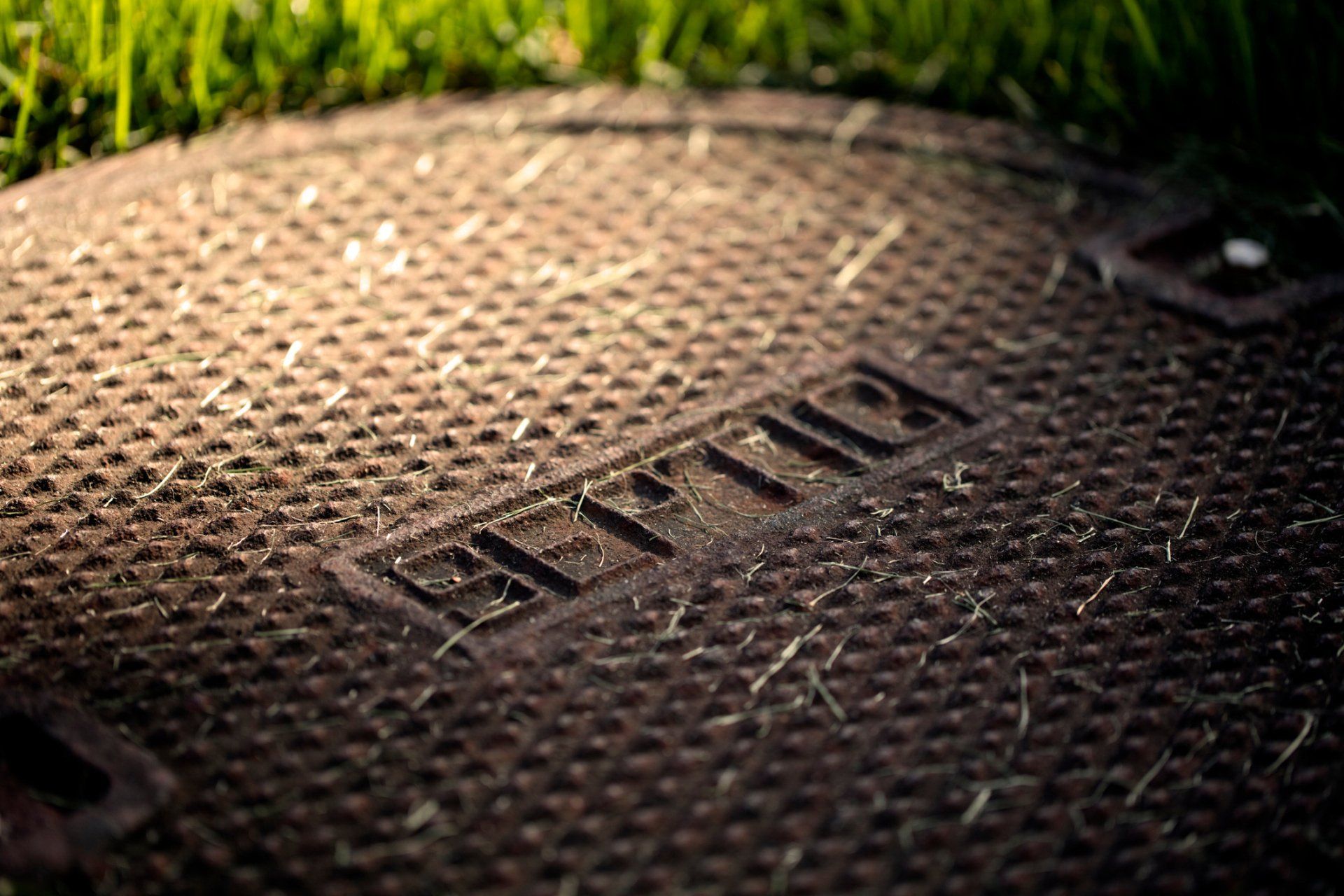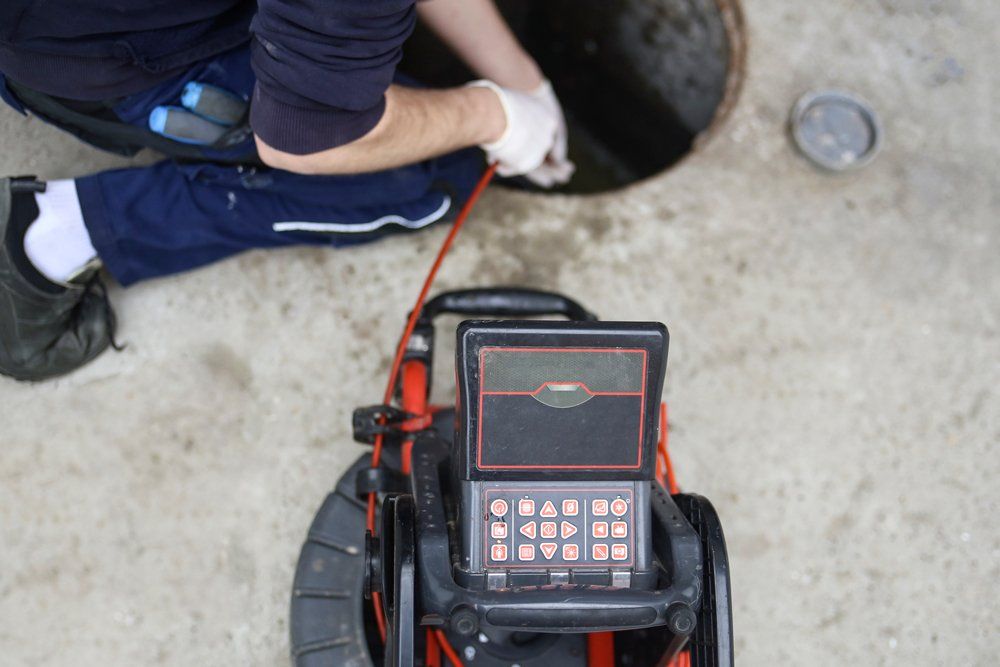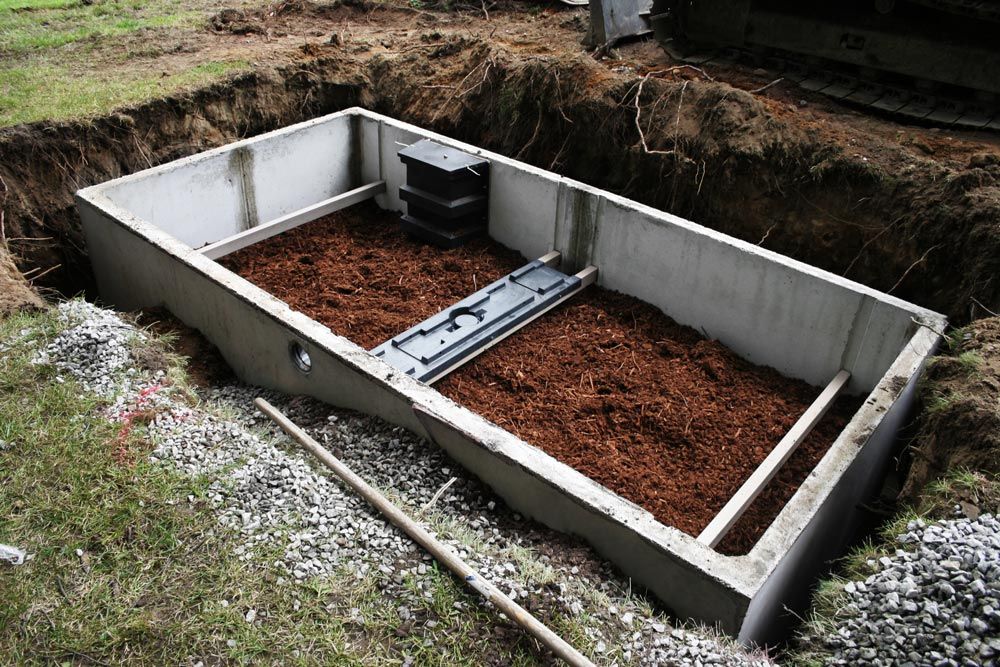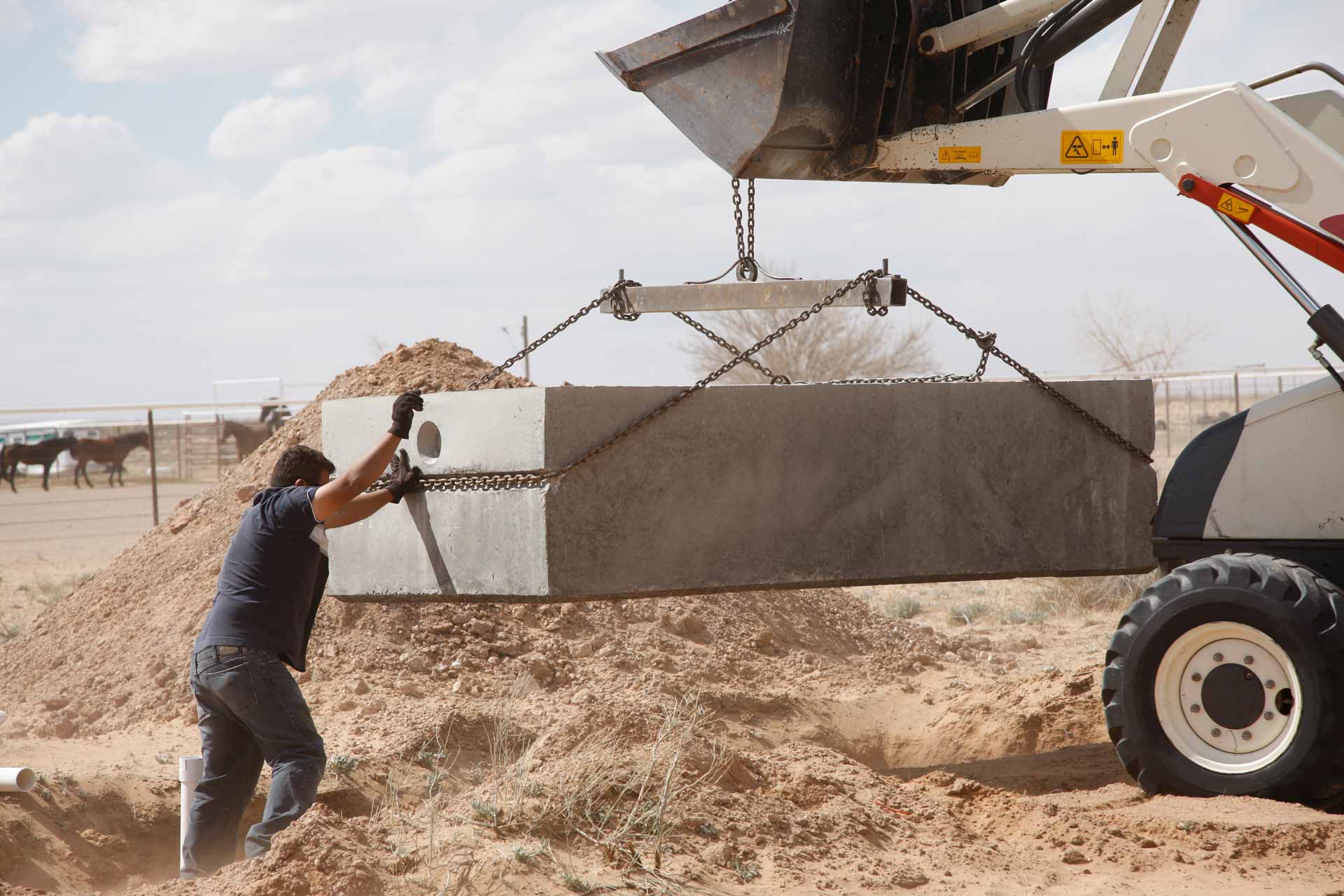5 Factors to Consider When Choosing a Septic Tank

Septic tanks are some of the most practical innovations. Septic tanks remove bacteria in water and protect the environment. In addition, the septic tank has no monthly maintenance costs and is often less expensive to install than sewer lines.
Septic tanks provide an effective way to remove sewage from your home. The tanks will filter and remove wastewater from toilets, showers, and sinks. This proper waste removal prevents contamination to you and your house.
Perhaps you want to replace your current septic tank or buy a new one. Learn how to select the right septic tank.
1. Know the Size Requirements
All your home's wastewater will end up in the septic tank. Therefore, you should know your home's daily wastewater release. You will then choose a septic tank that accommodates all the wastewater in your house.
Many factors will affect the right size of your septic tank. The factors include the number of occupants, number of bedrooms, and the home's size.
An undersized septic tank can cause problems like foul odors, overflows, and blockages. On the other hand, oversized septic tanks won't have enough water to work correctly.
2. Understand the Type of Wastewater
The type of wastewater influences the type of septic tank system. Your home will release blackwater and gray water sewage. Blackwater is wastewater from toilets and has urine and feces. Your septic tank must have a filtration system to handle blackwater.
Gray water is wastewater from all domestic areas except toilets, such as laundry and dishwashing. The wastewater may contain pathogens like viruses, bacteria, and parasites.
3. Select the Appropriate Design
Most septic tanks use the same working principle, but each tank design is different. The ideal septic design will depend on your home's installation and functionality requirements. A home with coarse soil or gravel will often require a pressure-type design.
The main types of septic tank systems include:
- Decentralized wastewater septic system design
- Open-bottom chambers and fabric-wrapped pipe septic system
- Intermittent sand filter system
- Recirculating sand filter system
- Evaporation septic design
- Mound septic design
Similarly, a gravity design is perfect for places with dirt or rich soil. The gravity design allows water to filtrate into the surrounding area.
4. Choose a Durable Material
A septic tank's material affects its effectiveness and durability. The most common types of septic tank materials are coated steel, fiberglass, and concrete. You can also use polyethylene to construct your septic tank.
Concrete tanks are heavy and require cranes during installation. Concrete tanks are ideal for waterlogged soils because the heavy tanks won't float easily. You can also reinforce concrete tanks with other materials to increase depth.
On the contrary, plastic tanks are lighter and don't require large equipment during installation. Also, you can pre-manufacture plastic tanks and transport them over long distances.
Wastewater chemicals can destroy certain types of tank system materials. For instance, sewer water contains substantial amounts of sulfuric acid and hydrogen sulfide. These chemicals can react with metal tanks and cause corrosion. Therefore, you should select corrosion-resistant materials, such as polyethylene and PVC.
5. Pick the Correct Pump
A pumping system will provide power to remove the sewage from the septic tank. Many types of pumping systems run on gas or electricity. Each pumping system is more effective with a particular type of septic tank.
Sump pumps are the most common type of septic tank. These pumps provide the power to transfer wastewater from the septic tank to the drainfield. Sump pumps are most effective for tanks with low solids concentration.
High-head effluent pumps are ideal for homes with aerobic septic tanks. They have high pressure and use oxygen to divide solids in wastewater.
Buy the Right Septic Tank
A septic tank helps you to remove and treat wastewater in your home. However, you must know your ideal septic tank's size, design, and material.
Pete's Outflow Technicians offers septic tank maintenance services for industrial, commercial, and residential properties. Contact usfor all your septic tank solutions.








